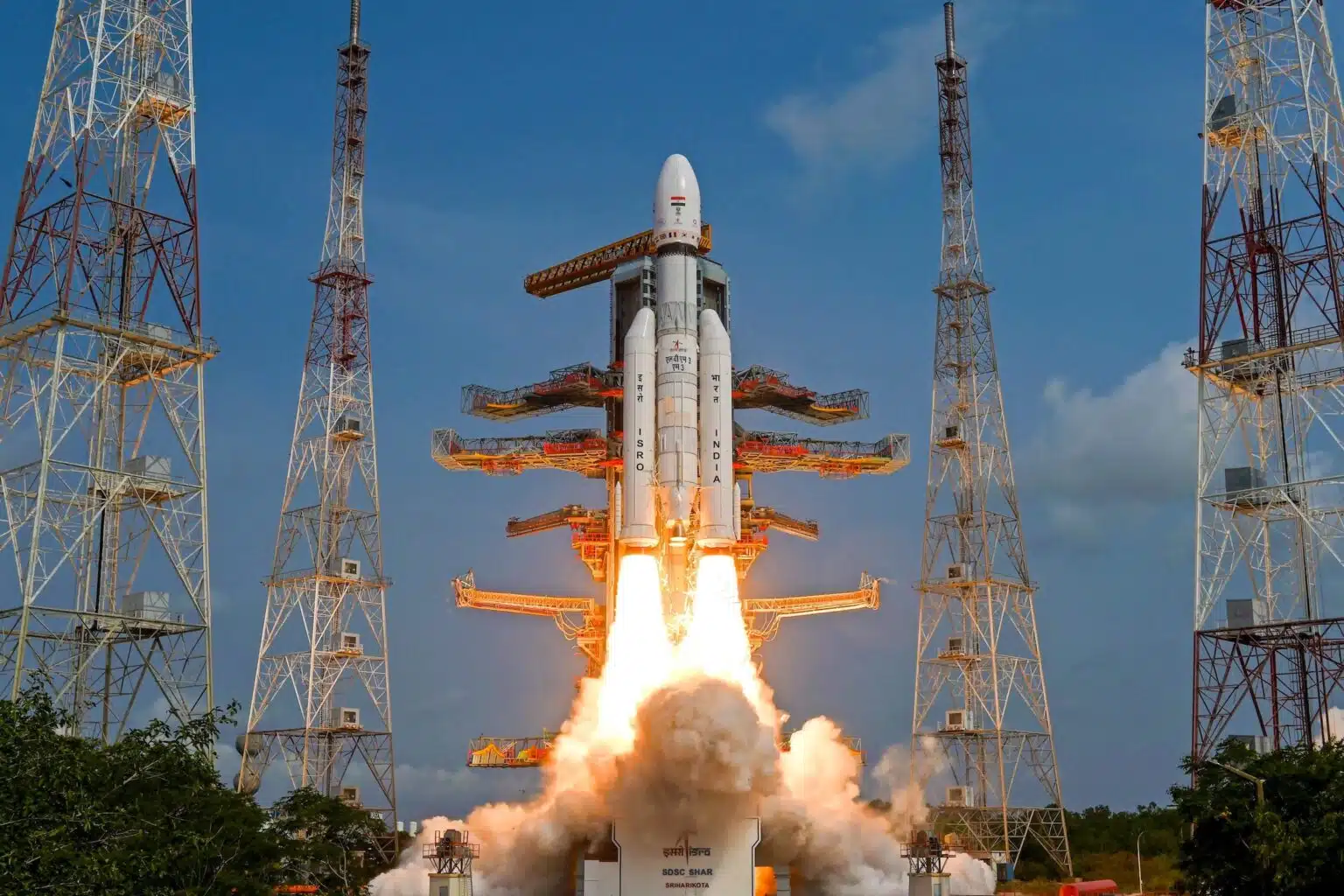In order to encourage the growth of the space industry, the government had previously opened the space sector to privatization in 2020.
Table of Contents
The Indian Space Policy 2024, which outlines the roles and responsibilities of institutions like ISRO, NewSpace India Limited (NSIL), Indian National Space Promotion and Authorization Center (IN-SPACe), and private sector companies, was approved by the Union Cabinet yesterday in a meeting chaired by Prime Minister Narendra Modi.
Retd. Lt. General AK Bhatt (Director General of the Indian Space Association) remarked that this was a historical moment and would clear the way for much-needed clarity in space reforms and strengthen private sector participation to help the nation’s space economy grow.
He also expressed his gratitude to Prime Minister Narendra Modi for his inspiring leadership, with a special emphasis on the long-overdue changes in the Indian space industry.
“PM Modi decided to allow private investment in the space industry. Because of this, ISRO has around 150 startups now, up from zero three years ago. Before this, for seven decades, our space department used to work in a kind of veil of secrecy, and the outside world did not have access to it. But with the passage of time, it was also being realized that this very thing was probably becoming a hindrance in its development.”, said Minister of State for Science and Technology, Jitendra Singh.
Praising the talent and merit of our scientists even back then, and narrating an anecdote of how Dr. Vikram Sarabhai who envisioned the Indian National Committee for Space Research (INCOSPAR) which is now ISRO, used to carry rocket launchers on the back of his bicycle, Singh said that perhaps the lack has been on the administrative and policy front.
“The policy will provide clarity regarding the roles of the components established (recently)”, he added.
The strategy, in Singh’s opinion, will make it possible for the private sector to engage in all facets of space activity, such as the creation of satellites, rockets, and launch vehicles as well as the collection and exchange of data.
He stated that NSIL, a public sector organisation under the Department of Space, will operate in a demand-driven mode, and will carry out strategic activities connected to the space sector.
When contacted by the Press Trust, ISRO Chairman S. Somanath stated that the goal of the Space Policy will be to boost commercial players’ involvement in the space industry.
According to Somanath, the Indian Space Research Organization would communicate with non-governmental organisations through the recently established INSPACe.
The strategy also outlines the conditions under which the private sector may use ISRO services for a nominal fee and encourages them to make investments in building new infrastructure for the industry.
Regarding ISRO, he added that ISRO will concentrate its efforts on creating new technologies, new systems, and research and development rather than performing any operational and production work for the space industry.
The Department of Space’s public sector initiative NewSpace India Limited will take over the operational aspects of ISRO’s missions.
Space Privatisation throughout the world

According to sources, national space programmes that were financed, led, and managed by governments were the only ones with access to space during the second half of the 20th century. However, as military space applications and prestige missions like Moon landings advanced (due to the US and Soviet Union’s Space Race), significant private sector firms already engaged in the aviation sector won space contracts in the US, even though they did so with NASA and the Pentagon’s general oversight.
The development of satellite-based communication, navigation, broadcasting, and mapping in the latter decades of the 20th century gave the space industry a sizable commercial component.
Private sector businesses, including Space X, started to take on a bigger role in the sector as a result, such as independent space launches. According to sources, Space X, which was engaged for a space station resupply mission, currently launches more rockets annually than NASA.
However, since the majority of their contracts are related to launches, followed by satellites, and then research, private players would not have been able to succeed without support from the government and state-backed companies, claims a report by the Finance and Investment Cell of the Sri Ram College of Commerce.
For instance, the paper states that SpaceX would have gone bankrupt in 2008 without NASA’s funding. In contracting with commercial companies and funding them for operations, research and development, and other goals, NASA assumes the role of a client.
The near future of India’s Space sector
According to VICE’s analysis, the United States and China spend the most in the over $500 billion global space business. Only 2% of it is currently accounted for by India.
The Economic Survey of India reports that since 2012, there have been more than 100 active space enterprises. The Indian National Space Promotion and Authorisation Centre, the recently established organisation that acts as a bridge between the ISRO and private sector businesses, is now considering approving many of them.
The department has received over 150 applications from private space firms since 2020, according to Vinod Kumar, head of promotions at IN-SPACe. He predicts that India will represent at least 10% of the global space economy in the following ten years, up from the current 2%.
In an interview from last year, Pawan Goenka, chairman of IN-SPACe, said that with the rules in place, India’s “SpaceX-like initiatives” were not far from becoming a reality.













